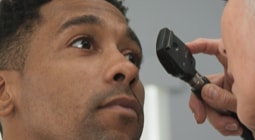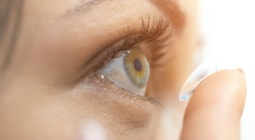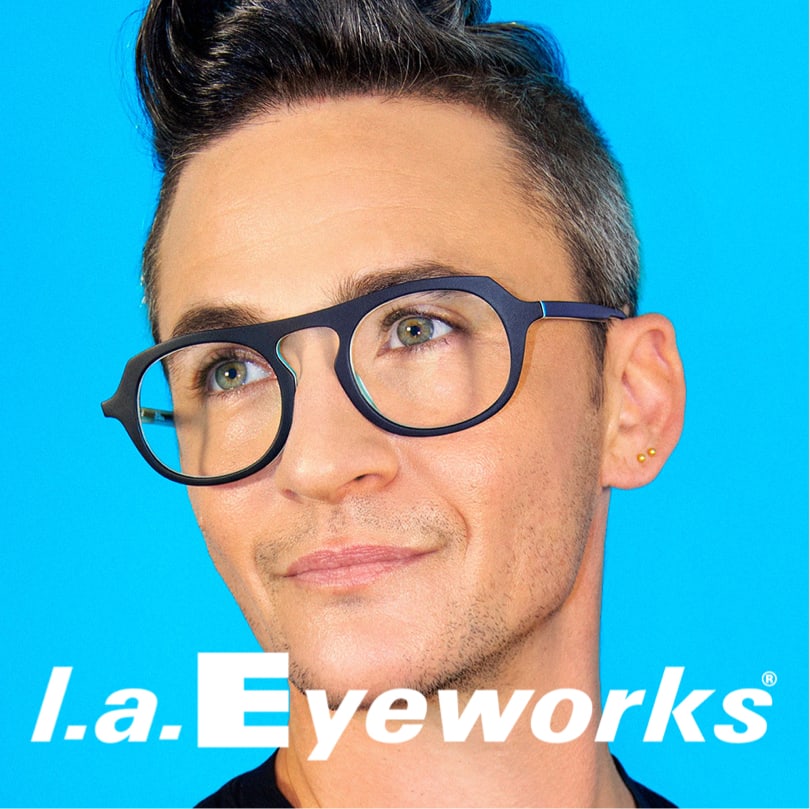What Conditions Can Vision Therapy Treat?
There are a variety of situations in which vision therapy can be helpful. It can help improve hand-eye coordination, visual awareness, and improve your athletic performance. Vision therapy can also help people who read below grade level, have learning difficulties, or have special needs.
Vision therapy can also be used as a treatment for certain health conditions.
Convergence Insufficiency
Convergence is the coordinated movement and focus of our two eyes inward on close objects. This is a vital skill for viewing phones, tablets, computers, and books comfortably. Convergence Insufficiency is a common problem with the development of these skills. The eyes do not come together efficiently and effectively when looking at near objects and symptoms may develop, such as: eye strain, headaches, double vision, difficulty reading and concentrating, avoidance of near work, poor sports performance, and dizziness or motion sickness. The American Optometric Association and the 2008 Convergence Insufficiency Treatment Trial clearly support the superiority of office-based vision therapy for treatment of convergence insufficiency.
Strabismus & Amblyopia
Strabismus (crossed eyes) and amblyopia (lazy eye) are eye conditions caused by eye misalignment. This misalignment can affect the quality of your vision. Vision therapy can help train the brain and nervous system to better control the eye muscles.
Traumatic Brain Injuries & Concussions
Brain injuries and concussions can lead to a variety of vision problems. If you’ve suffered from a brain injury or concussion, you might find it difficult to read, write, or perform other daily tasks. Studies show that 90% of Traumatic Brain Injury patients suffer from Visual Dysfunctions such as: blurred vision, sensitivity to light, reduction or loss of visual field, headaches with visual tasks, reading difficulty, poor visual attention, and difficulties with eye movements. Vision therapy and rehabilitation can help you recover these visual abilities.













